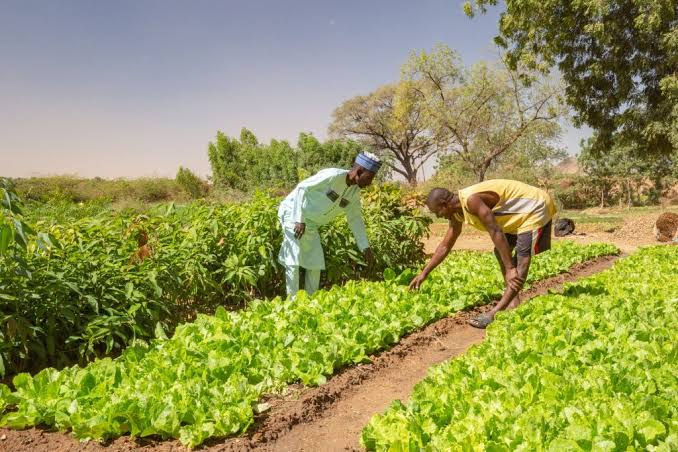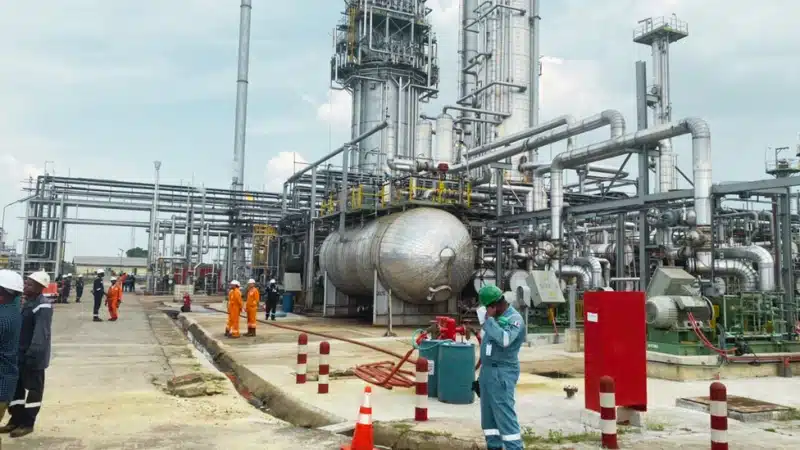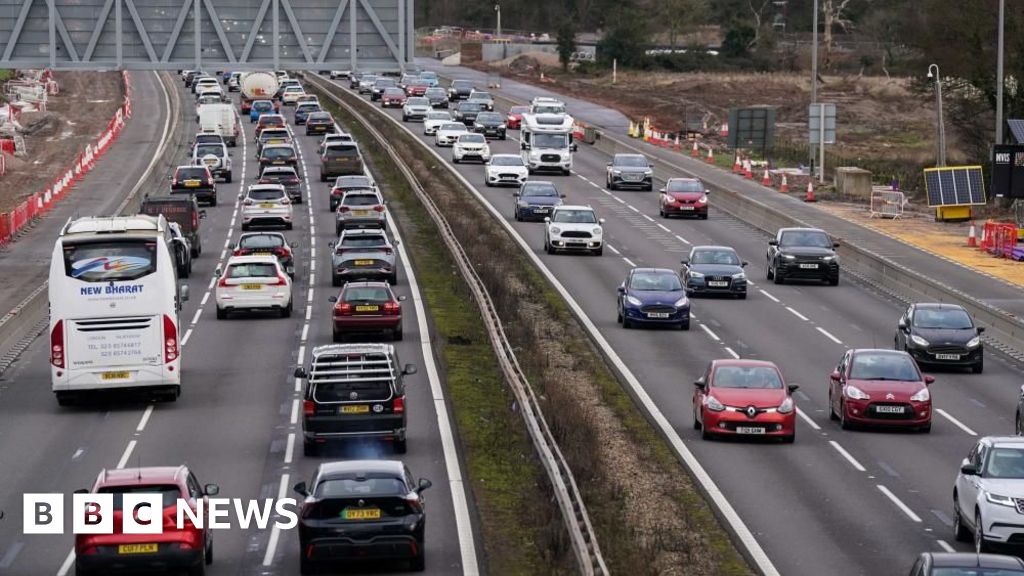Nigeria’s annual inflation rate rose in September after recording a two-month consecutive fall.
The headline inflation rate was 32.70 per cent relative to the August 2024 headline inflation rate of 32.15 per cent, the National Bureau of Statistics (NBS) announced Tuesday.
Inflation indicators compare prices of goods and services over 12 months. A decline does not necessarily imply a reduction in prices; instead, it shows the rate of price increase had fallen compared to previous months.
According to the NBS, the September 2024 headline inflation rate increased by 0.55 percentage points compared to August 2024.
On a year-on-year basis, the headline inflation rate was 5.98 percentage points higher than the rate recorded in September 2023 (26.72 per cent).
“This shows that the Headline inflation rate (year-on-year basis) increased in September 2024 when compared to the same month in the preceding year (i.e., September 2023),” the NBS said.
The bureau also said that on a month-on-month basis, the headline inflation rate in September was 2.52 percentage points, higher than the rate of increase in the average price level in August.
Nigerians need credible journalism. Help us report it.
Support journalism driven by facts, created by Nigerians for Nigerians. Our thorough, researched reporting relies on the support of readers like you.
Help us maintain free and accessible news for all with a small donation.
Every contribution guarantees that we can keep delivering important stories —no paywalls, just quality journalism.
According to the NBS, the food inflation rate in September 2024 was 37.77 per cent. It said on a year-on-year basis, it was 7.13 percentage points higher than the rate recorded in September 2023 (30.64 per cent).
The country’s food prices have been rising sharply in recent years, a situation that worsened in 2023 when President Bola Tinubu removed petrol subsidies and allowed the naira to float.
This shift has led to a steep increase in the cost of staple foods pushing many Nigerians further into poverty and heightening food insecurity.
The persistent surge in prices over the past year has led to the closure of several farms and businesses, with many agricultural producers scaling back their output due to insecurity and unpredictable weather conditions affecting rural areas.
In response, Mr Tinubu declared a state of emergency on food insecurity in July last year, aiming to combat rising food costs. Despite these efforts, food inflation has continued unabated.
In July, Mr Tinubu unveiled some proactive measures meant to address skyrocketing food prices in the country. Amongst it, is the decision to suspend duties, tariffs, and taxes on the importation of essential food items such as beans, wheat, and husked brown rice.
Details
In its inflation report Tuesday, the NBS said the contributions of items on the divisional year-on-year level to the increase in the headline index are “food & non-alcoholic beverages (16.94 per cent), housing, water, electricity, gas & other fuel (5.47 per cent), clothing & footwear (2.50 per cent), and transport (2.13 per cent).”
Others are “furnishings & household equipment & maintenance (1.64 per cent), education (1.29 per cent), health (0.98 per cent), miscellaneous goods & services (0.54 per cent), restaurant & hotels (0.40 per cent), alcoholic beverage, tobacco & kola (0.36 per cent), recreation & culture (0.22 per cent) and communication (0.22 per cent).”
The percentage change in the average CPI for the twelve months ending September 2024 over the average of the previous twelve months period was 31.73 per cent, showing 8.83 per cent increase compared to 22.90 per cent recorded in September 2023.
Food inflation
The NBS said the rise in food inflation on a year-on-year basis was caused by increases in prices of the following items, guinea corn, rice, maize grains, beans, etc (bread and cereals class), yam, water yam, cassava tuber, etc (potatoes, yam & other tubers class), beer (local and foreign), lipton, milo, bournvita, etc (coffee, tea & cocoa class) and vegetable oil, palm oil, etc (oil & fats class).
On a month-on-month basis, according to the bureau, the food inflation rate in September 2024 was 2.64 per cent which shows a 0.27 percent age points increase compared to the rate recorded in August 2024 (2.37 per cent).
READ ALSO: Nigerians struggling with harsh realities of inflation, high living cost – Akpabio
“The rise can be attributed to the rate of increase in the average prices of beer (local and foreign) (tobacco class), vegetable oil, groundnut oil, palm oil, etc (oil & fats class), beef, gizzard, dried beef, etc (meat class), lipton, milo, bournvita, etc (coffee, tea & cocoa class) and milk, egg etc (milk, cheese and eggs class).
“The average annual rate of Food inflation for the twelve months ending September 2024 over the previous twelve-month average was 37.53 per cent, which was 11.88 per cent points increase from the average annual rate of change recorded in September 2023 (25.65 per cent),” the report said.
Support PREMIUM TIMES' journalism of integrity and credibility
At Premium Times, we firmly believe in the importance of high-quality journalism. Recognizing that not everyone can afford costly news subscriptions, we are dedicated to delivering meticulously researched, fact-checked news that remains freely accessible to all.
Whether you turn to Premium Times for daily updates, in-depth investigations into pressing national issues, or entertaining trending stories, we value your readership.
It’s essential to acknowledge that news production incurs expenses, and we take pride in never placing our stories behind a prohibitive paywall.
Would you consider supporting us with a modest contribution on a monthly basis to help maintain our commitment to free, accessible news?
TEXT AD: Call Willie - +2348098788999

















 English (US) ·
English (US) ·